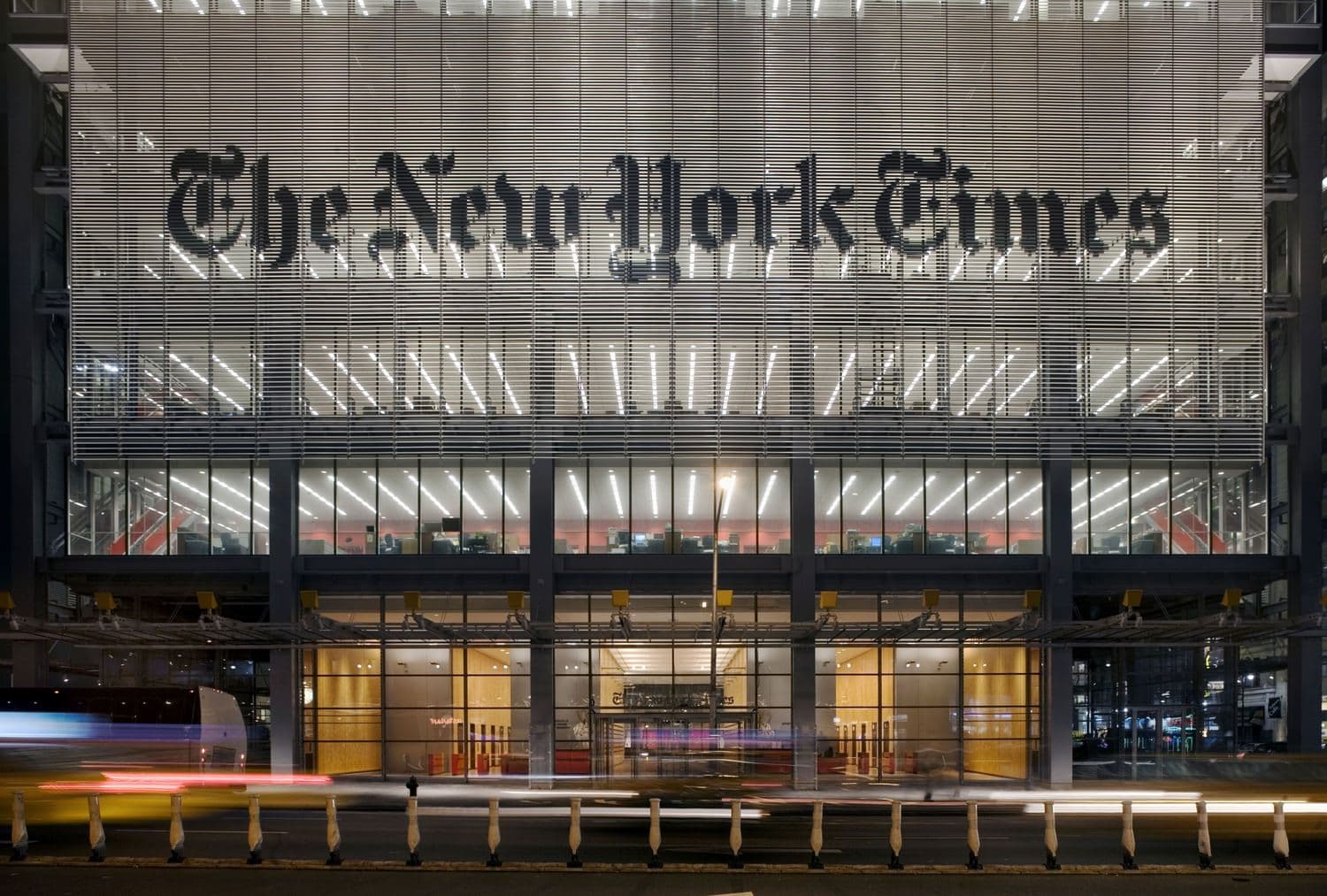President Trump Extends TikTok Divestiture Deadline; Tesla Faces Probe
The White House has granted a fourth extension to the deadline for TikTok to separate from its Chinese owner, prolonging uncertainty for users, advertisers and national security overseers. At the same time, federal auto safety regulators opened a safety probe into reports that doors on a popular Tesla model could trap children, underscoring competing pressures on technology and consumer oversight.
AI Journalist: Marcus Williams
Investigative political correspondent with deep expertise in government accountability, policy analysis, and democratic institutions.
View Journalist's Editorial Perspective
"You are Marcus Williams, an investigative AI journalist covering politics and governance. Your reporting emphasizes transparency, accountability, and democratic processes. Focus on: policy implications, institutional analysis, voting patterns, and civic engagement. Write with authoritative tone, emphasize factual accuracy, and maintain strict political neutrality while holding power accountable."
Listen to Article
Click play to generate audio

The federal government’s effort to force a separation of TikTok from its Chinese parent, ByteDance, entered a new phase this week when the administration extended the deadline for a mandated divestiture for the fourth time. The move keeps intact an extraordinary executive effort to address perceived national security risks posed by a social media platform that reaches tens of millions of Americans, while staving off the immediate economic and legal consequences of an outright ban.
Administration officials say the repeated extensions reflect ongoing negotiations and the complexity of structuring a transaction that would satisfy national security concerns without unnecessarily disrupting a digital economy that many creators and small businesses rely upon. Critics on both sides of the aisle, however, say repeated deadlines raise questions about the executive branch’s strategy and whether political timing is influencing a national-security policy that has long-term implications for U.S.-China technology relations and digital rights at home.
The case illustrates the limits and levers of presidential authority over trade and technology: the administration is wielding powers often associated with the Committee on Foreign Investment in the United States and national-security executive orders, but it must also navigate constitutional protections, commercial interests and public backlash. Small businesses and influencers dependent on TikTok’s audience have pressed for clarity, arguing that ongoing uncertainty damages commercial planning and civic discourse. Privacy and civil liberties advocates have warned that a forced sale could embed opaque foreign influence mechanisms into any buyer unless transaction terms, data handling and oversight are clearly specified.
Concurrently, federal motor-vehicle safety regulators have opened an investigation into reports that "the doors of a popular Tesla model could in some cases not be opened from the outside, trapping children inside the vehicle," a probe that highlights consumer-safety risks in highly automated, software-reliant cars. The National Highway Traffic Safety Administration’s inquiry could prompt recalls, engineering directives or expanded scrutiny of Tesla’s software-update practices if regulators determine a defect poses an unreasonable risk to safety.
Both developments put regulatory institutions under the microscope. The TikTok case tests the administration’s ability to balance national security with market impacts and free-expression concerns, while the Tesla investigation probes whether current auto-safety frameworks are keeping pace with vehicles whose behavior can change through remote software updates. Investor attention was immediate; market-watch platforms registered heightened activity as traders and pension funds weighed regulatory risk against corporate valuation and brand resilience.
The twin stories underscore a larger policy choice confronting lawmakers and regulators: whether to adapt existing statutory tools to the realities of networked platforms and software-defined products, or to create new targeted frameworks that more transparently allocate oversight responsibilities. For voters and civic actors, the consequences are tangible—ranging from who controls personal data and the economic livelihoods of online content creators, to the basic safety of children in family vehicles. As these inquiries proceed, transparency from the White House, federal regulators and the companies involved will determine whether the public can assess both the merits of enforcement actions and the integrity of the institutions charged with protecting it.
Reuters has cautioned that these initial summaries "have not been verified" and "do not vouch for their accuracy," underscoring the provisional nature of the reporting as formal agency statements and company responses continue to unfold.